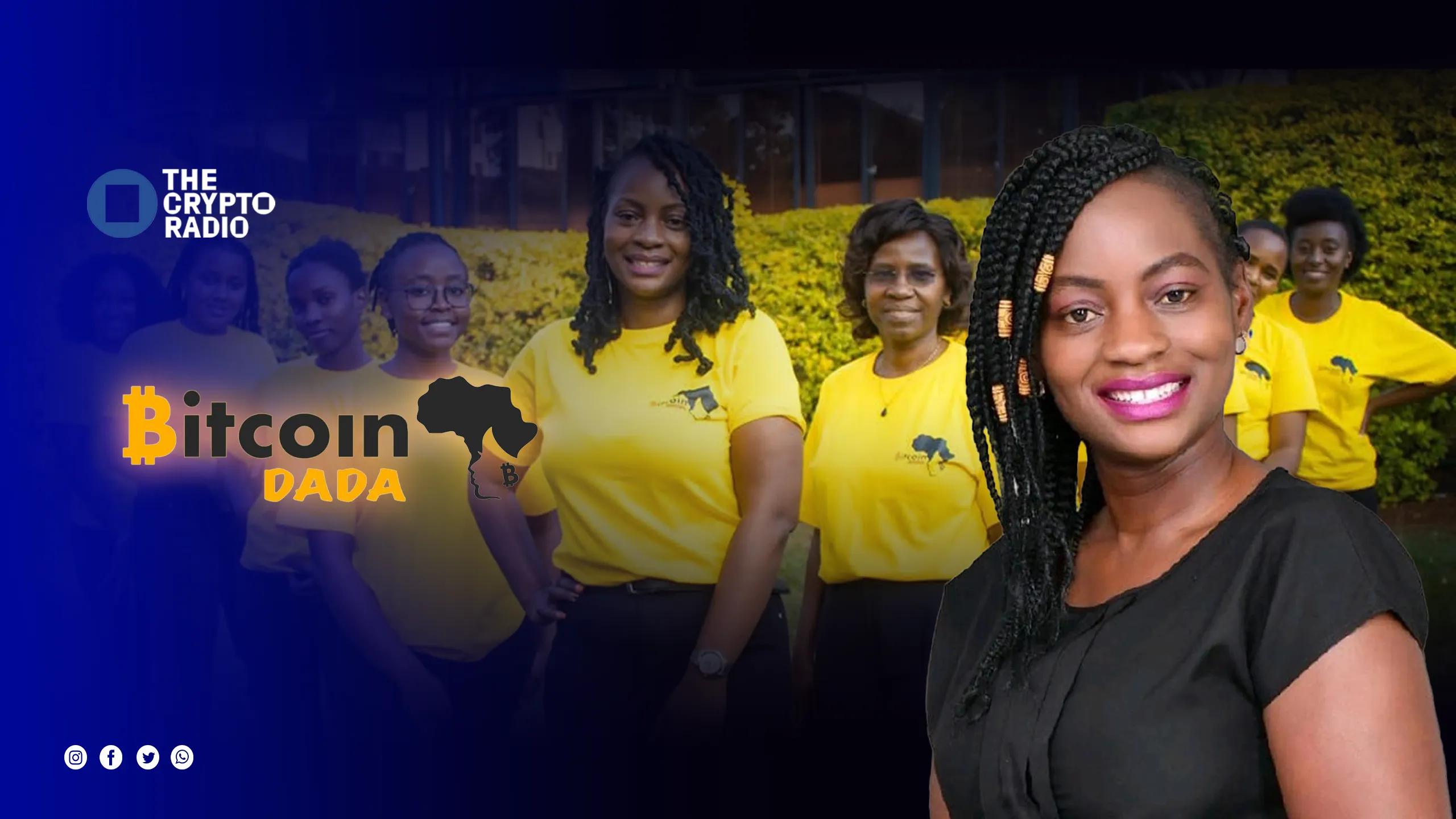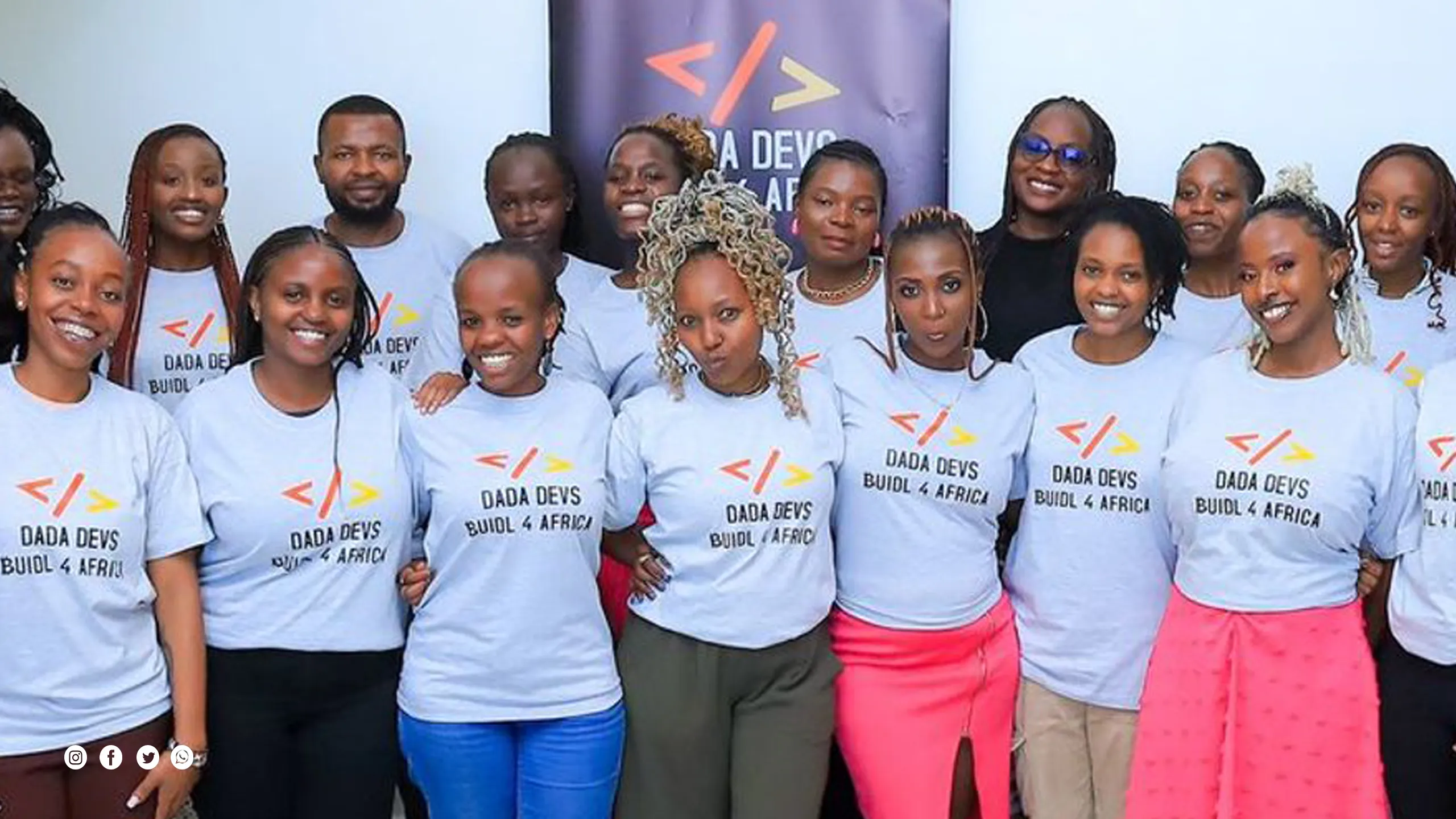Why Bitcoin Dada is staying homegrown
'We understand our own challenges. Who best than Africans themselves to build their solutions?'

When the Malawian government suddenly devalued its currency by 40%, a young mother watched her savings evaporate. She had been putting money aside for her children’s school fees and household essentials – but almost overnight, what she’d worked so hard to save could barely cover a week’s groceries.
Her story isn’t unique. Across Africa, women like her are bearing the brunt of financial systems that fail to protect them. That’s what Lorraine Marcel set out to change.
Speaking on The Crypto Radio, Marcel shared how her own experience with economic instability pushed her toward Bitcoin – and eventually led her to create Bitcoin Dada, a grassroots initiative empowering women with practical financial tools and education.
Her path into crypto began like many others: during the hype of the 2017–2018 ICO boom. "I lost money, but then I also made money," she said. "It was like gambling." But by 2022, she narrowed her focus to Bitcoin – and started thinking seriously about its potential to create real, long-term change.
What she found was a male-dominated space. "In a room full of males, most of the time, I used to feel intimidated," she explained. That discomfort became the spark for Bitcoin Dada, an online community designed to help women learn without fear, and without needing anyone’s permission.
Learning, saving and earning – one $10 step at a time
The challenges facing African women are profound. Marcel highlighted systemic barriers that limit economic opportunities: gender pay gaps, restricted inheritance rights, and limited educational access. "For the longest time, we as African females have been put at the bottom of the bar," she said.
Bitcoin, with its decentralized and permissionless nature, offered a radical alternative. "I don't need the permission of anyone to actually start either earning or saving, or creating my own wealth," Marcel explained. Unlike traditional financial systems, Bitcoin allows women to accumulate wealth in small increments – as little as $10 – and transfer it without complex documentation.
Bitcoin Dada has grown exponentially. Starting with just 20 friends, the initiative now spans 11 African countries and has trained more than 600 women. Classes typically run at 9 PM, timed so women can join after work or family duties – a quiet slot in busy lives that’s become a window for learning and connection.
From students to success stories

Through Dada Devs, Bitcoin Dada is expanding its mission to train women in coding and development. Photo: Dada Devs
The program's success stories are compelling. Sarah, an entrepreneur who lost a business opportunity due to her lack of Bitcoin knowledge, used the savings program to expand her business across Kenya and Uganda. Another alumna, Edith from Uganda, secured a role at Blink, a Bitcoin wallet company.
Recognizing the need for deeper technical skills, Marcel also launched Dada Devs, training female software engineers. The first cohort received 100 applications, highlighting the immense hunger for technological education. "We need more female representations in these spaces," she emphasized, "so that we have more ideas and different perspectives."
A growing movement for economic freedom
Marcel's vision extends beyond individual empowerment. She sees Bitcoin as a tool for broader economic transformation. "If you're having a community where both males and females earn equally, that's more resources for that particular society, leading to a better economy."
Despite her success, Marcel faces significant challenges in scaling Bitcoin Dada. "It's really tough being in a position where the business needs to scale, but you don't have the resources," she candidly admitted.
The last cohort received 700 applications, but limited staff and technological infrastructure meant they could only accommodate a fraction of interested women. "We could be training 2,000 to 3,000 females per cohort," Marcel explained, "but we're constrained by staff and tools."
This is where the broader community can step in. Whether through mentorship, funding, technical support, or simply spreading awareness, there are many ways to support Bitcoin Dada’s mission of empowering African women through Bitcoin education.
The initiative isn't just about financial education – it's about building a supportive community. "Females thrive in communities," Marcel noted. The name "dada" itself means "sister" in Swahili, symbolizing this spirit of mutual support.
Looking forward, Marcel aims to create a network of Bitcoin tutors across Africa, ensuring the knowledge can spread organically. "We understand our own challenges," she said. "Who best than Africans themselves to build their solutions?"
As Marcel put it: "When women understand Bitcoin, they don’t just learn to save – they learn to lead."
Listen to the whole interview on The Crypto Radio's live player or in Guardians of Bitcoin podcast.



